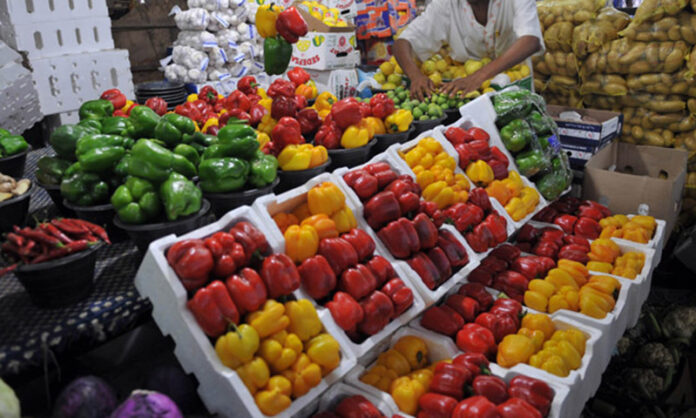World food prices rose in January for the eighth consecutive month, led by cereals, vegetable oils and sugar, according to a report by the Food and Agriculture Organisation (FAO) of the United Nations.
The FAO said that its food price index marked a 4.3pc increase from December, reaching its highest level since July 2014. The index tracks monthly changes in the international prices of commonly traded food commodities.
The cereal price index showed a sharp 7.1pc monthly increase led by a global surge in the price of maize, the crop North Americans call corn.
Maize prices spiked 11.2pc and are now 42.3pc above their January 2020 level, “reflecting increasingly tight global supply amid substantial purchases by China and lower-than-expected production and stock estimates in the United States of America as well as a temporary suspension of maize export registrations in Argentina.”
The report also said wheat rose 6.8pc driven by strong global demand and expectations of reduced sales by Russia when its wheat export duty doubles in March 2021. Robust demand for rice from Asian and African buyers underpinned strong price growth for that crop.
January vegetable oil sold for 5.8pc more than December, hitting its highest price since May 2012. Drivers included lower-than-expected palm oil production in Indonesia and Malaysia “due to excessive rainfall and ongoing shortages in the migrant labor force, and prolonged strikes in Argentina reducing export availability for soy oil.”
The sugar price index was 8.1pc higher than in December as robust global import demand spurred concerns about lower availabilities due to worsening crop prospects in the European Union, Russia and Thailand, as well as drier-than-normal weather conditions in South America.
The FAO said the dairy price index also jumped by 1.6pc, underpinned by China’s high purchases ahead of the country’s upcoming New Year holiday festivities amid seasonally lower exportable supplies in New Zealand.
The meat price index’s 1pc increase from December was led by “brisk global imports of poultry meat, especially from Brazil, amid avian influenza outbreaks that have constrained output and exports from several European countries,” said the report.
























